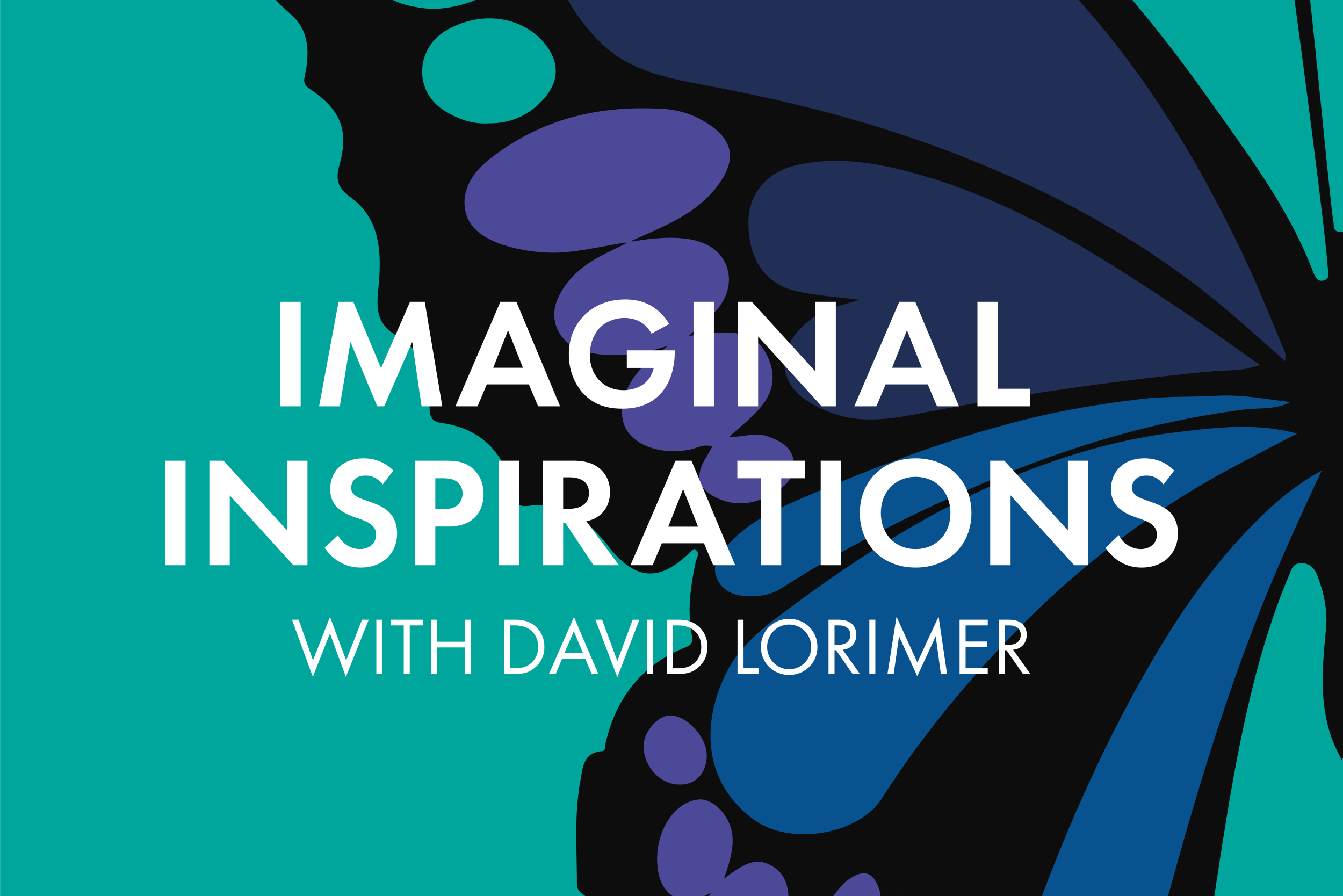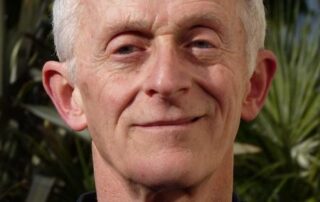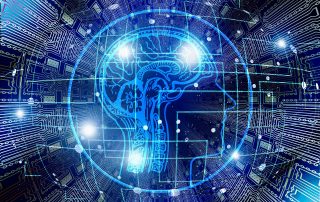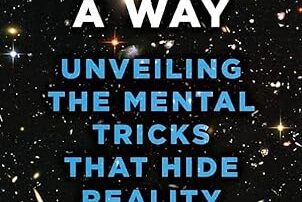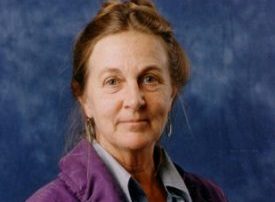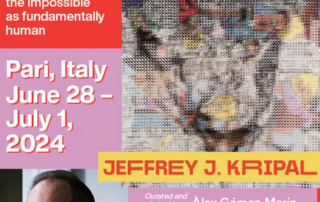
Expanding the Scope of Science
ORIGINS
David Lorimer introduces the Galileo Commission Report
REMIT
The Galileo Commission was founded in 2017 with a view to expanding the worldview of science beyond its limiting materialistic assumptions, which are seldom explicitly examined. A central and widely held assumption is that the brain generates consciousness and is therefore extinguished at death.
Following widespread consultation in 2018 with 90 advisers representing 30 universities worldwide, we have published the Galileo Commission Report, written by Prof Dr Harald Walach and entitled Beyond a Materialist Worldview – Towards an Expanded Science. The report has been widely endorsed as a groundbreaking document, so we encourage you to support our movement by joining the Galileo Commission either as a Professional Affiliate or a Friend. There is also a Summary Report and a Layman’s Report, and a brief summary of the argument is available in a number of languages. We encourage you to read and support Dr Athena Potari’s Call for a Renaissance of the Spirit in the Humanities and to read our edited book Spiritual Awakenings, which documents the transformative experiences of 57 scientists and academics.
A Call for a Renaissance of the Spirit in the Humanities
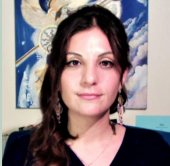 The “Call for a Renaissance of the Spirit in the Humanities”, written by Dr Athena D. Potari, is a pioneering project aiming to raise awareness regarding how the prevailing paradigm of materialism affects the ways in which knowledge is approached within the context of the Humanities. In line with the Galileo Report, which discusses the importance of liberating the positive sciences from the limitations of the paradigm of scientific materialism, this Call aims at making the case for the Humanities as well. The Call explores how recent developments in scientific studies on consciousness, and the ensuing understanding that consciousness is primary and unified, can inform our understanding of what it means to be “human” with correspondingly appropriate epistemologies, as well as how we approach key areas of human activity, including ethics, politics and the environment.
The “Call for a Renaissance of the Spirit in the Humanities”, written by Dr Athena D. Potari, is a pioneering project aiming to raise awareness regarding how the prevailing paradigm of materialism affects the ways in which knowledge is approached within the context of the Humanities. In line with the Galileo Report, which discusses the importance of liberating the positive sciences from the limitations of the paradigm of scientific materialism, this Call aims at making the case for the Humanities as well. The Call explores how recent developments in scientific studies on consciousness, and the ensuing understanding that consciousness is primary and unified, can inform our understanding of what it means to be “human” with correspondingly appropriate epistemologies, as well as how we approach key areas of human activity, including ethics, politics and the environment.What people say…
Featured book
Featured podcast
The Playful Universe – Marjorie Woollacott, David Lorimer and Gary Schwartz (Eds)
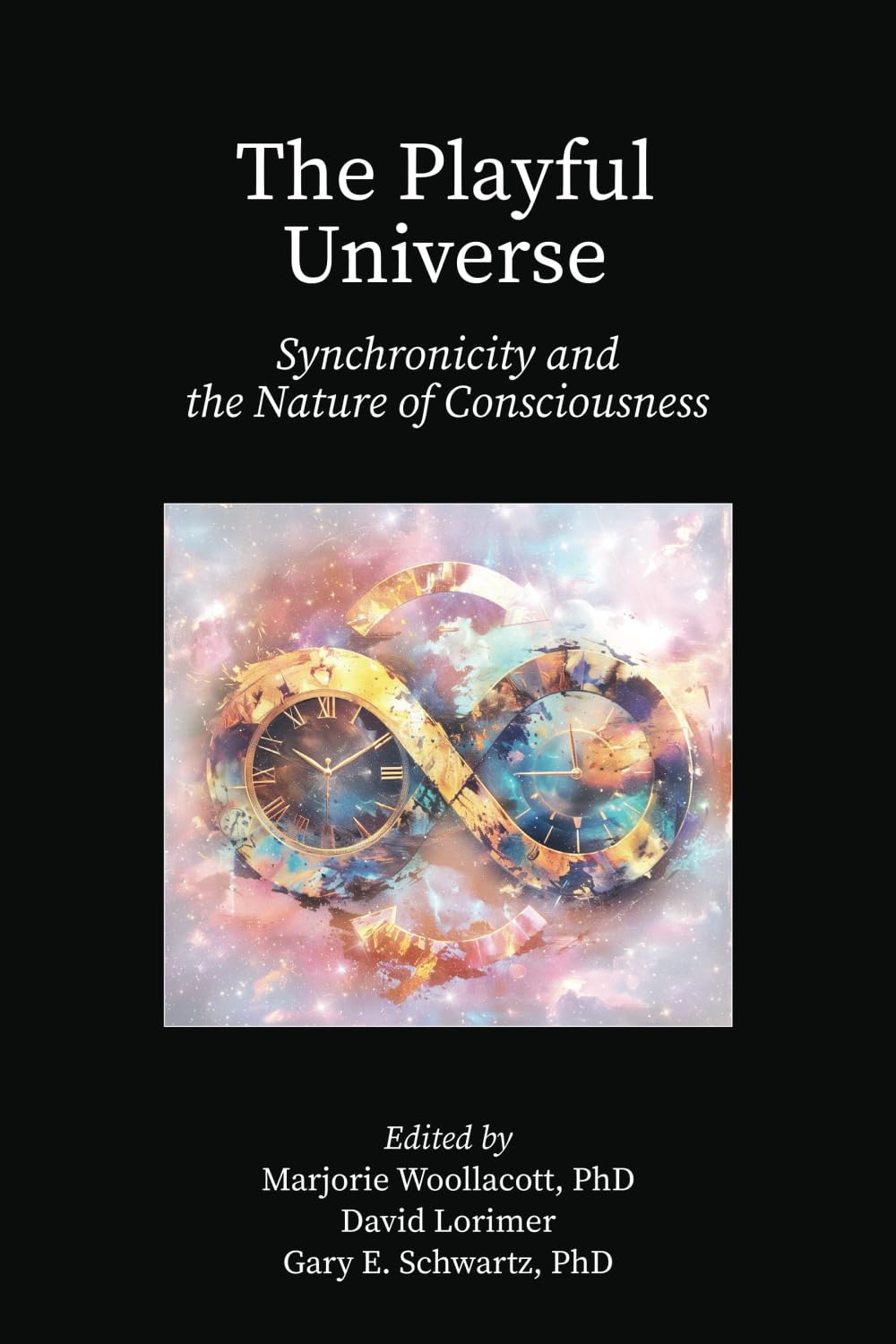
This volume consists of essays by scientists and academics describing their own experiences of synchronicity and how these experiences transformed both their worldview and the way they lived their lives. We truly believe that this is a fundamentally intelligent, benevolent, creative and playful universe in which we, as individual expressions of the one Universal Mind, co-create our reality.
Recent News
Max Velmans on the Four Simple Questions Series
Max Velmans, Emeritus Professor of Psychology at Goldsmiths, University of London meets Catherine Noyce. In their dialogue they broach topics such as emptiness and fullness; trying to belong to a ground of being; the feeling of being disconnected and alienated; and more...
Let’s be Real – David Harrison
The full release of a person from ego involves a great amount of effort. It occurs when the person reaches a stage where their 'higher self' can take over. The ego is not lost but more freedom is acquired to detach from it. That entrance by the 'higher self' is necessary to achieve a final release and is unpredictable; sometimes referred to as 'Grace'. A person may feel that they are ready to advance to that stage but they may still hold latent tendencies that need to be resolved. The struggle then continues...
New Book: Trevor Griffiths – Clearing a Way – Unveiling the Mental Tricks That Hide Reality
How to make better life-enhancing choices when environments crumble and population shifts disrupt our ways of living? Dr Griffiths takes a deep look at how our brains trick us into seeing the surface of things so that we lose sight of the deep relatedness on which our survival as groups will increasingly depend. Many astonishing insights follow. Body-mind dualism dissolves, as the ecological person moves with others in a renewed group-approach to thriving. Dilemmas in the standard quantum view of matter and spirituality resolve so that groups of people are empowered by the same fusion energy burning in stars to renew their power of creative choice. Human inner heart is restored over mind, to its central place, as personal values reshape the future.
Psychosynthesis and the Alexander Technique – Marilyn Monk
Our goal then is to drop goals beyond our reach and to live fully in the moment, fully accepting and loving our unique selves. We must let go of the wrong-doing of striving to superimpose some projection we have of who we might be. Paradoxically, coming back to who we really are opens a greater potential for who we might be; but this is not a promise. We are simply in with a chance to receive a gift which may shine through when we get out of the way. This will not be something we have tried to achieve, but a gift that was ours from the beginning.
New Magazine by Peter Marry on Science and Consciousness
There is a new magazine being curated on Flipboard with a focus on Science and Consciousness (https://flipboard.com/@petermerry/science-and-consciousness-sa83qtmry). The magazine is collecting and spreading news from various organisations and individuals in this area, including the Galileo Commission. The purpose is to raise awareness of developments and thinking across the domain. You can follow the magazine for the latest news. If anyone would like to help curate the magazine please contact Peter Merry ([email protected]). (For those who do not know Flipboard, it is a free personalised and curated news service with 145 million active monthly users.)
June 28 – July 01 – How to Think Impossibly – a mind-bending invitation to experience the impossible as fundamentally human
From precognitive dreams and telepathic visions to near-death experiences, UFO encounters, and beyond, so-called impossible phenomena are not supposed to happen. But they do happen—all the time. Jeffrey J. Kripal asserts that the impossible is a function not of reality, but of our everchanging assumptions about what is real.
